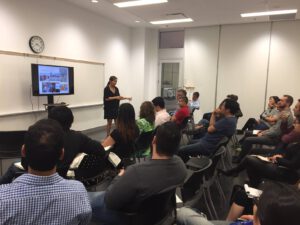 Last week was a hectic week for me. I presented at my client, Martin Kuev’s Meet Up group in Vaughan, educating over 40 investors on whether they should incorporate to own their rental portfolio or not.
Last week was a hectic week for me. I presented at my client, Martin Kuev’s Meet Up group in Vaughan, educating over 40 investors on whether they should incorporate to own their rental portfolio or not.
If you are interested in learning more about this same topic, I am going to do a similar presentation in June in Cambridge. You can visit the Future Speaking Event page to find out more.
I also presented at Erwin, aka Mr. Hamilton’s May Inner Circle Meeting, about what I’ve learned in this 2017 tax season.
It was a short and sweet presentation, lesser about tax, more about investment in general.
Here is what I learned about this tax season.
1. We are all getting less tax breaks
2015 was the last year that we had family tax cut for about $2,000. So for those families who have a high income earner with kids younger than 18 years old, this $2K tax cut is no longer available in 2016.
And of course, Justin Trudeau had also gradually cancelled the Children Fitness Tax Credit and Children Arts Tax Credit. We only get half of it in 2016 and it is eliminated in 2017.
In 2017, only first half of the Public Transit Tax Credit is available. Government is cancelling the Public Transit tax credit for the second half.
2. Small business owners paid less tax in general
A few of my small business owners clients are paying way less tax compared to other clients who are employees of a company making similar gross income.
This is a significant advantage over people who work as employees.
There are literally no tax planning and deferral flexibility as employees, other than RRSP contributions.
Small business owners have the flexibility to use a corporation to defer their income. In many cases, lowering their personal income substantially and retaining a large amount in the corporations to invest.
One of my clients had already done exactly that.
She and her husband earned very little employment income from their businesses, which are held inside the corporation.
They also have three kids. As a bonus from this tax planning, she is receiving maximum childcare benefit.
Hence the reason why Justin Trudeau’s latest budget says that the government will look into curbing the tax advantage of using a corporation.
3. Certain segregated funds investment could cost you a lot of $$$
A few of my clients bought into a packaged investment scheme that works like this –
They agree to borrow from a bank paying interest.
Investments are made in segregated funds.
Income from the funds are supposed to be able to cover interest and make a decent return.
The selling feature of this type of investment is the “no money down” concept.
You simply borrow, and the loan is secured against the investment. From what I was told by my clients, investors are not personally liable to the debt.
It sounds way too good to be true.
My clients who have invested in these type of investments don’t really make money on it. ☹
They may make enough to cover the interest cost on the loan, but I don’t see them getting ahead on paper.
My advice, make sure you learn about the risk and rewards of any investments you get into. At the end of the day, even with no money down, you are still liable to pay for the interest cost.
4. Retiring on real estate portfolio is NOT a myth
Several of my clients retire on real estate. It is NOT a myth.
One is either skiing or diving depending on the time of the year. He owns 6 properties, all in his own name.
Another client owns a few multiplexes in Aurora. He owns his business but makes very little money from his personal business.
He lives off his rental income. Our tax planning is often involved distributing the dividend income to his personal name so he can lower the amount of taxes he will pay in his rental corporations.
That is even after we claim maximum capital cost allowance to defer his taxes.
Yes, it can be done. Retiring on real estate portfolio is NOT a myth.
And you know what, you also don’t need tens of properties to make it work. A couple of properties can also get you there!
5. Cashing out your RRSP to invest in Real Estate is considered worthwhile
I got asked this question multiple times. Is it worthwhile to cash out RRSP to invest in Real Estate? I even wrote a blog post about it before.
At the end of the day, cashing out your RRSP to invest in real estate is an investment decision, rather than a tax decision.
Sure enough, you need to pay the tax. But as an accountant, we can only tell you how much tax you would be required to pay.
One of my clients did decide to cash out his RRSP so that they could afford to pay for the downpayment of an investment property.
He needs to pay for the tax of course at his marginal tax rate.
In his words, “it’s worth it!”
6. Not all real estate investments are equal
A couple of my clients invest in Alberta. As we all know, as the slump in oil industry goes, so has the property values and rent in Alberta.
One couple told me that they lowered their rent from $1,700 per month to $1,300. ☹
Another couple sold a property in 2016, losing $2K in the sale in 2 years of investment.
Many investors are also interested in buying properties in the US.
I personally wouldn’t do it because it’s too much hoops to jump through (financing, US$ conversion, taxes, legal protection, long distance property management, government interference – who knows what Trump will do next?)
But the return on investment can be quite substantial, especially the property values are so much more favourable than Ontario.
Last year, one client sold his property in Florida, selling at the exact same dollar value that he purchased it for a few years back.
Except that he still had to pay for commission, mortgage discharge fees, etc.
Of course, these are just what I observed. I am sure there are lots people making lots of money buying in the States and Alberta.
Seeing all these just makes me a lot more grateful about being an investor in Ontario. Yes, there’s 15% foreign investors tax. Yes, there’s also rent control and land transfer tax (there’s no land transfer tax in Alberta). My properties are going in the right direction. And most importantly, they are in my own backyard.
Until next time, happy Canadian Real Estate Investing.
Cherry Chan, CPA, CA
Your Real Estate Accountant
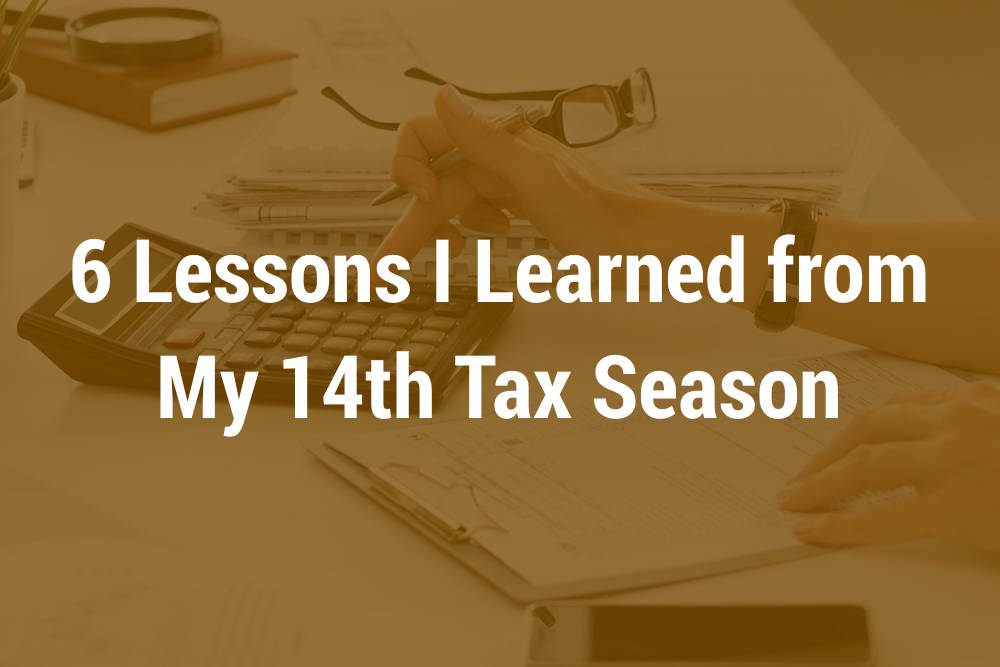
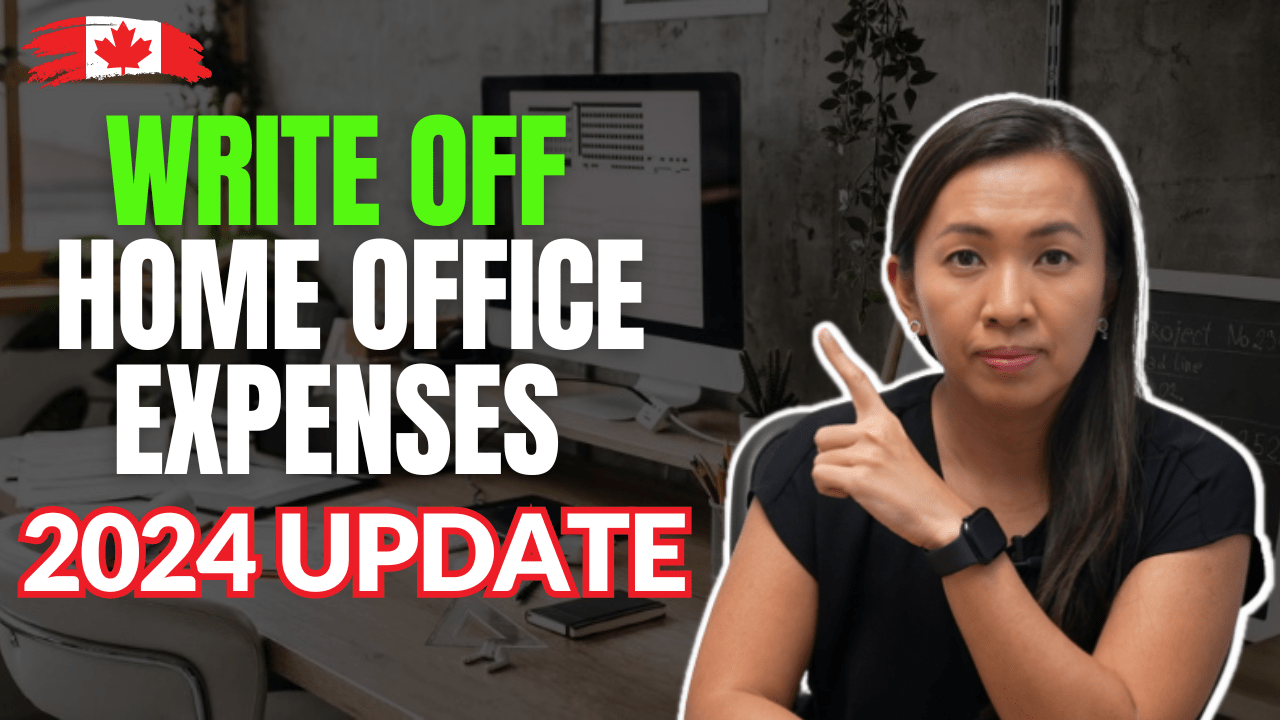

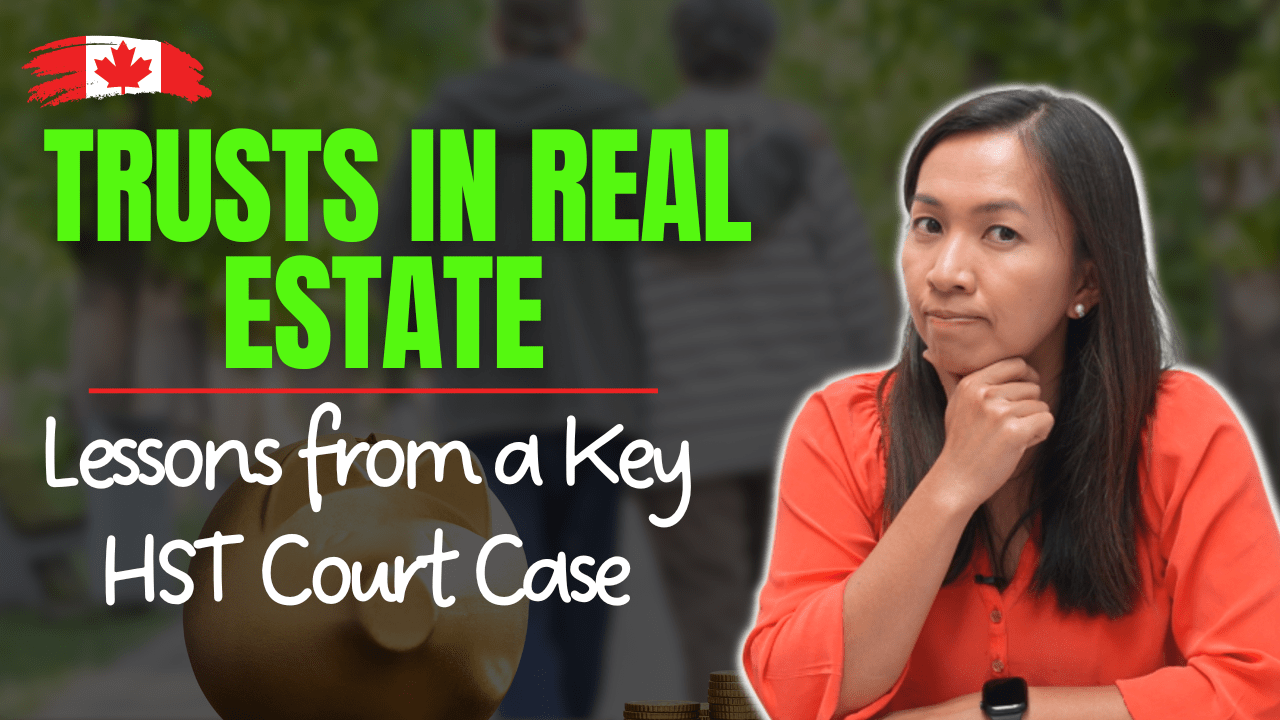
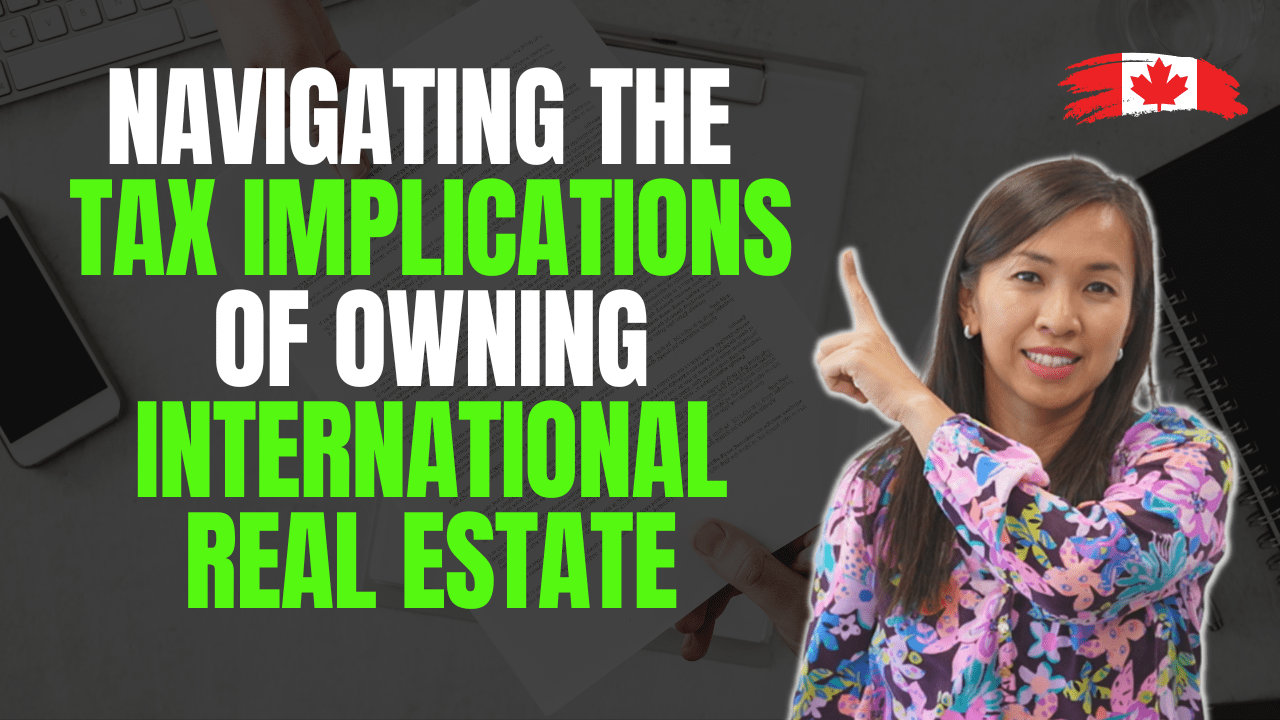
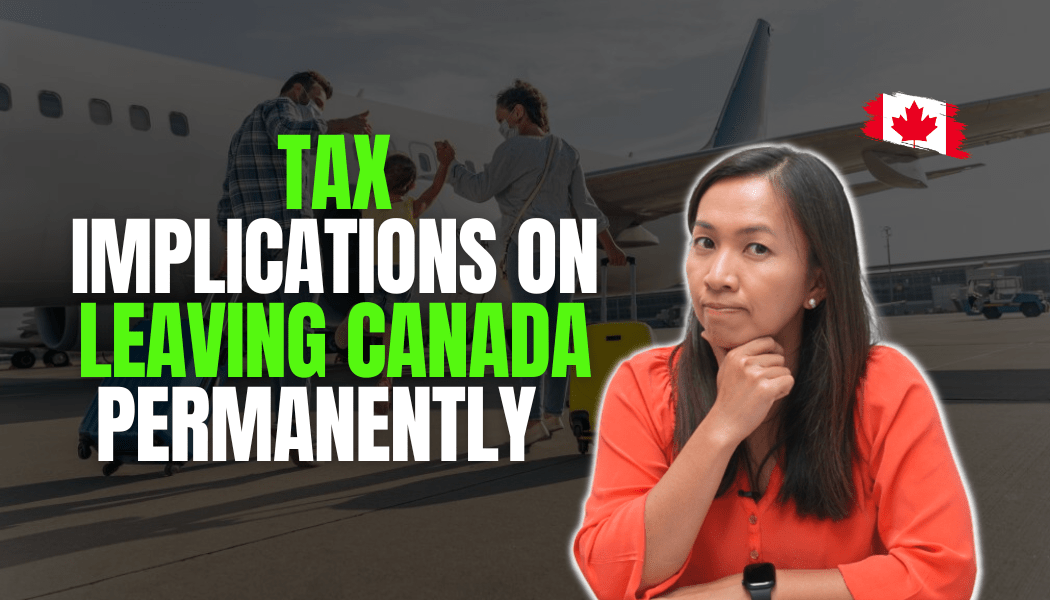
Mark51
Hi, do you allow guest posting on realestatetaxtips.ca ? 🙂 Let me know on my email